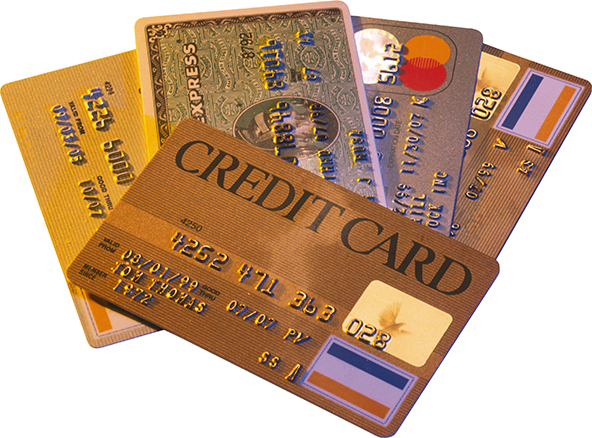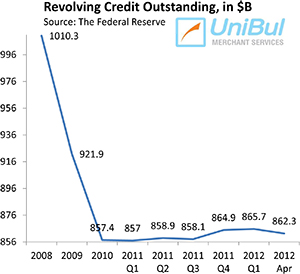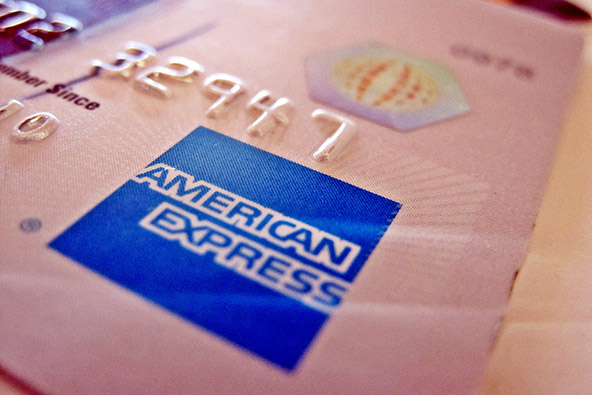The Issue with Credit Card Surcharges

I am a little late on this one, but I just have to say a few words on the subject. It’s about the U.K. government’s plan to clamp down on retailers imposing excessive surcharges on credit and debit card transactions — a practice, which U.S. merchants have been clamoring to be allowed to adopt for many years. In fact, they sort of succeeded a couple of months ago when their lawyers negotiated a settlement with Visa, MasterCard and most of their biggest member banks, which prominently featured such permission. Of course, the merchants later rebelled against their own lawyers’ achievement and the judge hasn’t yet approved the settlement, but that’s a different story.
Whatever this particular settlement’s ultimate fate, there is a very good likelihood that sometime soon U.S. merchants will be allowed to start adding surcharges to payment card-funded transactions, so the U.K. experience can serve as a fairly good indicator of the kind of consequences we can expect on our side of the Atlantic. And I can’t say that I’m surprised with what’s been going on in Britain. Let’s take a look.
Airlines Charged £300M in ‘Paying to Pay’ Fees in 2010
The U.K. government’s decision to jump into the fray was prompted by a report issued by the country’s Office of Fair Trading (OFT) in response to a complained by a consumer protection association, called Which. Here is how the report describes the practice:
One issue that has become increasingly prevalent is that some retailers are adding extra fees (or surcharges) to the price of a purchase based on a consumer’s choice of payment mechanism, such as a debit or credit card. In effect, consumers are ‘paying to pay’. These ‘payment surcharges’ are more common when making online transactions, where consumers are unable to pay by cash or cheque, than they are for face-to-face transactions.
This “paying to pay” practice is more heavily utilized in some industries than others, we learn. Airlines have been singled out as the top practitioner, charging £300 million in such fees in 2010 alone. Other types of merchants that have been mentioned include ferries, taxis, event tickets, cinemas, car dealerships and hotels.
Particularly unpleasant is the way these fees are charged. The merchant would typically advertise a headline price and then add the extra cost at the checkout page, after the customer has invested the time to go through the shopping process and is ready to complete the purchase. It is difficult to imagine a more customer-unfriendly practice and, unsurprisingly, the vast majority of consumers object to it.
The Solution
To resolve the issue, the U.K. government has decided not only to force merchants to display any payment surcharges upfront, but also to ensure that they don’t actually profit from such fees. As Consumer Affairs Minister Norman Lamb puts it, as quoted by the BBC:
Traders will no longer be able to make a profit by charging the consumer for credit or debit card use above the amount it costs them to process that payment.
These proposals will stop companies from adding on these excessive charges, and allow consumers to see a clearer and more transparent breakdown of what they are paying for.
That sounds reasonable to me. One of the most annoying aspects of this whole issue has been the merchants’ hypocrisy. When lobbying the regulators for things like lower interchange rates and the right to impose surcharges on payment card transactions, the retailers claim to have consumers’ best interest in mind. However, once their wishes have been granted, the merchants promptly turn around and forget their promises. That was certainly the case in the U.S. after the debit interchange rates were lowered last October and now we learn that it was also true in the U.K. In fact, the British example may be the more egregious of the two, because, as the government’s action suggests, the “paying to pay” surcharges were at least on some occasions for a greater amount than the merchant’s own payment-related expense incurred when processing a transaction. After all, profiteering was one of the motives behind Which’s complaint, which led to the OFT report. A representative of the association urged that the government “must ensure that all businesses only charge the genuine cost they incur for processing the payment”.
The Takeaway
The findings of the OFT report were not particularly surprising to me. In fact, I would have been surprised if the merchants didn’t try to see if they could get away with charging payment-related fees that were actually higher than their payment processing costs. After all, a business’ primary function is to make profit and it’s the business operator’s responsibility to do her best to maximize that profit. However, that is not to say that the merchants should be allowed to get off scot-free here. They claimed to act on their customers’ behalf when fighting the credit card companies and, now that they’ve won, they should be held accountable. The British regulators are doing the right thing and I hope that their U.S. counterparts are taking notes.
Image credit: Ucab.edu.ve.


